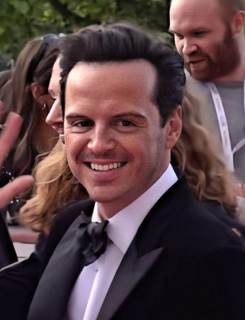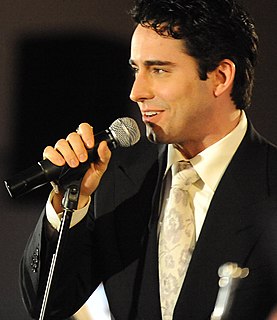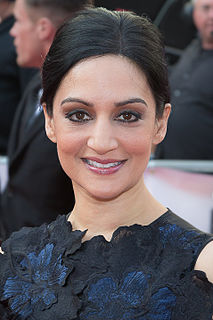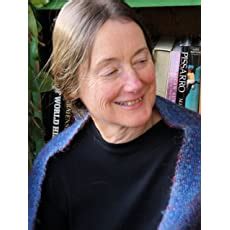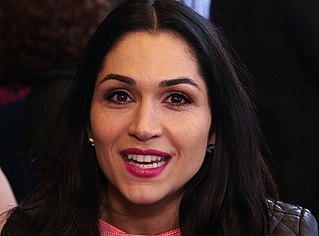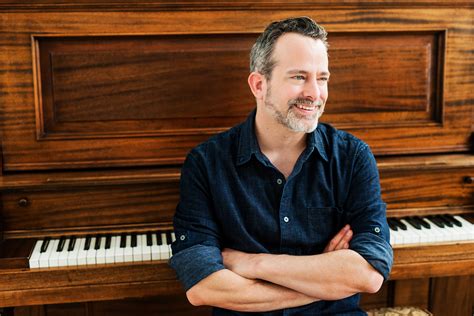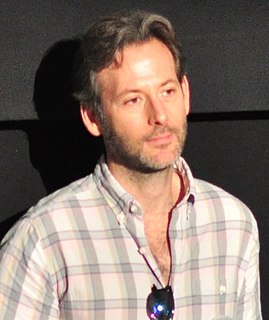A Quote by Flannery O'Connor
When using dialect, use it lightly. A dialect word here and there is enough. All you want to do is suggest. Never let it call attention to itself.
Related Quotes
Dialogue that is written in dialect is very tiring to read. If you can do it brilliantly, fine. If other writers read your work and rave about your use of dialect, go for it. But be positive that you do it well, because otherwise it is a lot of work to read short stories or novels that are written in dialect. It makes our necks feel funny.
When I speak in Christian terms or Buddhist terms I'm simply selecting for the moment a dialect. Christian words for me represent the comforting vocabulary of the place I came from hometown voices saying more than the language itself can convey about how welcome and safe I am what the expectations are and where to find food. Buddhist words come from another dialect from the people over the mountain. I've become pretty fluent in Buddhist it helps me to see my home country differently but it will never be speech I can feel completely at home in.


